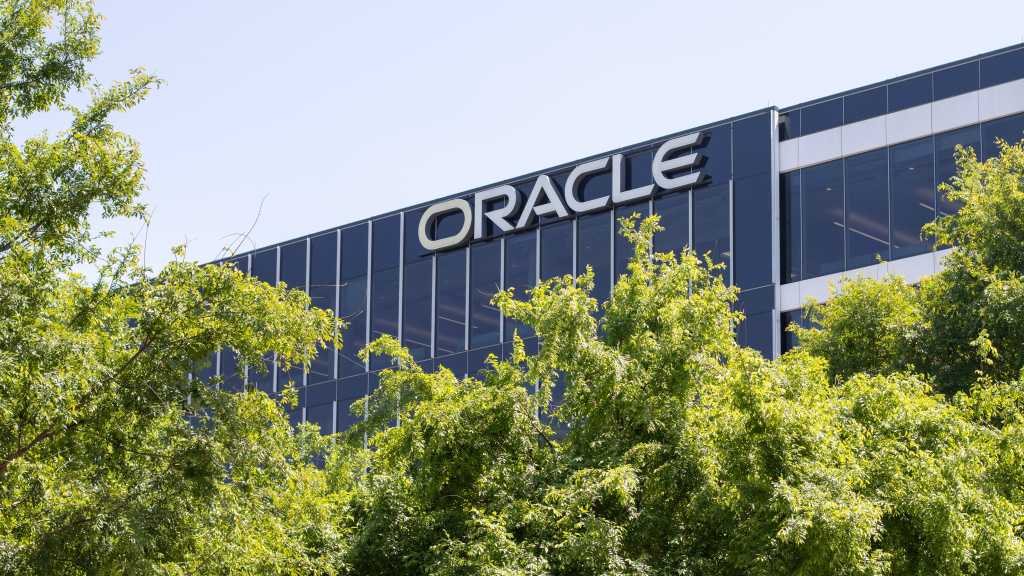With new features like agent-to-agent collaboration, multi-LLM orchestration, and enterprise-grade governance, Oracle positions its platform as a serious contender in the AI automation race.

Oracle has supercharged its AI Agent Studio with features such as agent-to-agent collaboration, multi-LLM orchestration, and enterprise-grade governance, as it tries to position its platform as a serious contender in the AI automation race.
The updates, which include governance, observability, and extensibility features, transform AI Agent Studio from just a “catch-up act to an enterprise-grade platform capable of taking on rival offerings, such as Microsoft’s Copilot Studio, Google’s Vertex AI Studio, and Salesforce’s Agentforce,” said Dion Hinchcliffe, lead of the CIO practice at The Futurum Group.
Analysts had expressed their uncertainty about the capabilities of the platform when Oracle showcased it for the first time in March this year by comparing it to similar existing offerings from Salesforce and ServiceNow.
In contrast, the latest updates, according to Hinchcliffe, signal Oracle’s intent to move beyond basic automation and into the realm of autonomous, cross-domain workflows.
“The combination of a native marketplace, partner-built templates, and multi-LLM flexibility means Oracle is offering enterprises a turnkey way to deploy secure, domain-specific agents at scale,” Hinchcliffe said.
“These capabilities allow agents to securely exchange context across systems like ERP, CRM, and HR, enabling complex processes such as order-to-cash or incident-to-resolution to run autonomously with traceable context,” Hinchcliffe added.
Some analysts say the updates would be enough to help Oracle compete at the top end of the business applications suite market.
“These new AI capabilities have a focus to put Oracle more in the large enterprise arena. While Oracle has always had a strong ERP and SCM presence, modern enterprise AI adoption depends on things like extensibility, governance, and ecosystem scale — all of which are strengthened by the updates,” said Robert Kramer, principal analyst at Moor Strategy and Insights.
“While pre-built agents and simplified deployment via Studio in Fusion Applications still serve the mid-market, Oracle’s newly gained extensibility, compliance, and scale will challenge Microsoft and SAP in the enterprise,” Kramer added.
Seconding Kramer, HyperFRAME Research’s practice lead of AI stack Stephanie Walter said that the updates to AI Agent Studio “definitely strengthen” Oracle’s case at the upper enterprise tier, especially in industries like finance, healthcare, and public sector that require AI governance and auditability.
Oracle’s efforts to train at least 32,000 experts to build, deploy, and manage agents on AI Agent Studio should also provide a fillip to its top-tier enterprise play, Walter added.
The agent marketplace, which will include agents built by partners and independent software vendors, too, adds to the maturity of Oracle’s agentic offerings in Fusion Applications, analysts said.
“…with the marketplace, Oracle is turning AI deployment into an ecosystem play. That’s a smart hedge against the talent shortage CIOs keep citing in our research. It means enterprises can implement sophisticated AI agent solutions without building deep bench strength in-house,” Hinchcliffe said.
However, rivals such as Microsoft, Salesforce, and ServiceNow have noticeably taken a similar approach to boost their individual agentic offerings.
Observability features to help measure AI performance
The governance and observability features, which include a monitoring dashboard, agent performance evaluation, agent tracing, performance metrics, and token usage, are essential to CIOs to measure if AI performance, according to The Futurum Group’s Hinchcliffe.
“You can’t deploy autonomous systems you can’t measure. Transparency creates trust in the system as well. Evaluation and observability let enterprises track ROI, maintain control, and meet audit and compliance expectations in AI-driven operations,” Hinchcliffe added.
Seconding Hinchcliffe, HyperFRAME Research’s Walter pointed out that agent trust is a huge hurdle for enterprises, and agent evaluation is emerging as one of the most critical enterprise capabilities because AI agents are dynamic, probabilistic systems that can fail in subtle ways.
“Enterprises need to prove, not just assume, that agents are accurate, safe, and compliant. This is non-negotiable in regulated industries,” Walter said, adding that new observability capabilities in AI Agent Studio will help enterprises measure agent performance.
Moor Insights and Strategy’s Kramer pointed out that Oracle’s updated dashboards, tracing, and performance metrics match the governance benchmarks set by Microsoft and Databricks, but with a key differentiator: metrics like correctness and latency are tied directly to real operational workflows, not just generic LLM outputs, making AI Agent Studio likely more attractive to enterprises.
Extensibility features and other updates
As part of the updates to AI Agent Studio, Oracle has added extensibility features, including MCP and A2A support, prompt libraries, and lifecycle management features designed to manage agents across their lifecycle, and other agent-building tools.
While MCP and A2A support would allow enterprises to connect Oracle agents to interact seamlessly with third-party systems, such as Salesforce or custom models on Google Vertex, agent-building tools would ease the development of agents, Oracle said in a statement.
The agent building tools include expanded agent templates to help users quickly configure AI Agents, an agent builder assistant to help create an agent from scratch based on high-level direction from a user, and a FAQ agent that will provide additional support for agent builders with a Q&A assistant agent.
The Q&A assistant agent answers questions using natural language about tasks or projects they are working on within Oracle AI Agent Studio, such as configuring agent templates, building agents from scratch, publishing agents into production, or evaluating agent performance, the company said.









